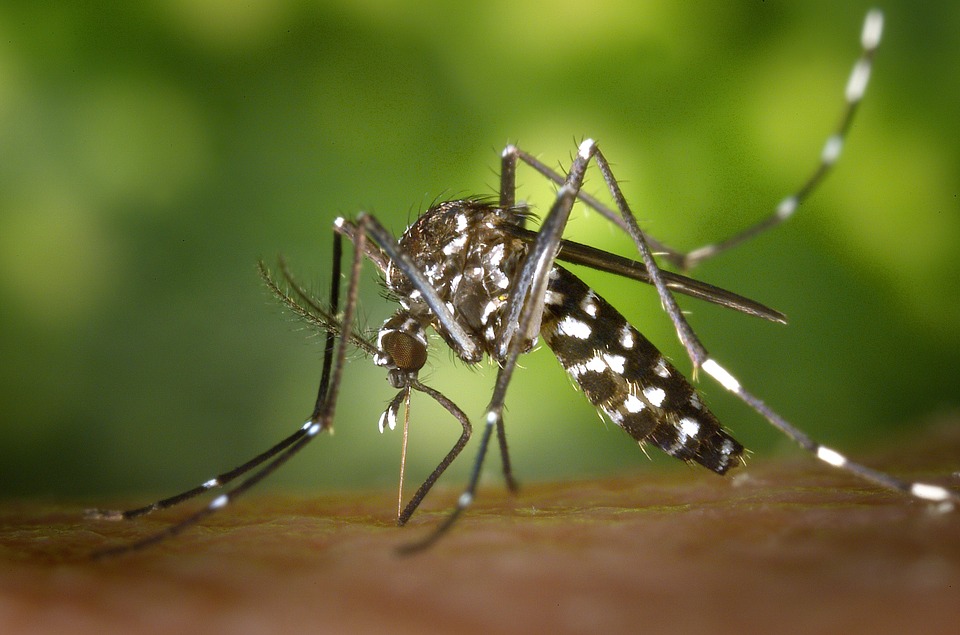Classified by the World Health Organization as life-threatening, malaria is mosquito-borne communicable disease. Did you know that in 2019 alone, malaria has caused the deaths of 409, 000 people?
Let’s learn more about this terrifying disease!
A Brief History on Malaria
Malaria, the chills-and-fever disease endemic to parts of the globe, literally means bad air and was so named because of a confusion regarding its cause and effects. Swamps do produce bad air, but they also produce mosquitoes, and it is a particular breed of mosquito that carries this disease.
Malaria is the most widespread of all parasitic diseases. In tropical Africa alone, it kills an estimated 1 million children under 14 each year. Although it has been virtually eliminated in Europe, Australia and the United States, it keeps on spreading in India, Pakistan and parts of Africa because both parasites and mosquitoes have developed mutations resistant to the drugs and insecticides once effective against them.
Causes

There are four types of malaria, all resulting from the bite of the Anopheles mosquito whose saliva carries the spore of the malaria parasite Plasmodium, a form of protozoan. Depending on the form of species of Plasmodium, the victim is infected with vivax malaria, ovale malaria, quartan malaria or falciparum malaria. The latter, sometimes called cerebral malaria, is the most severe form and may be fatal if treatment is delayed or inadequate.
After the infectious spore enters the victim’s blood, it goes to the liver and reproduces rapidly in the red blood cells. These infected cells then burst and spew forth the parasites in a further stage of development. They are now free-moving and can actively attack other cells. For instance, in cerebral malaria, the blood vessels of the brain are overwhelmed by the parasitic strain Plasmodium falciparum.
The disease may also be spread through a blood transfusion from an infected donor, or through contaminated needles and syringes.
Symptoms
Although all forms of malaria cause headache, pain in the limbs, sweating and shivering, the virulence of the symptoms depend on which species of the parasite is involved. In falciparum malaria, sudden death may occur as this particular strain may block the capillaries to the vital organs, especially the brain and nervous system. In the three other malaria types, core temperatures may rise to 40.5 °C. As it subsides, there is profuse sweating and exhaustion. Depending on the parasitic strain and its cycle, symptoms last from 4-6 hours, recurring at intervals. When the attacks occur every other day, the disease is known as tertian malaria, but when the fever occurs in three-day intervals, it is quartan malaria. Where the disease is endemic, it is fatal only to children who have developed nor resistance to it, or to victims of Plasmodium falciparum. Other cases last for about two weeks with relapses common at irregular intervals if untreated.
Treatment

Until the availability of a vaccine for immunization, treatment continues to be based on suppression of symptoms. Since the 17th century, quinine, which is extracted from the bark of the cinchona tree, has been known to be the specific drug against malaria. It is rarely used now because of its unpleasant side effects, one of which is a complication known as blackwater fever. The most recent suppressants are chloroquine pills which must be taken regularly for continuing protection. They reduce fever in 24 hours and destroy the parasites in the blood in 48 hours. Other new drugs act upon the parasite before they reach the red blood cells, still others interfere with the reproduction of the parasite in the mosquito that bites a person taking these medicines.
Prevention
Malaria can be prevented only be massive public health programs that eradicate the Anopheles mosquito by eliminating its breeding grounds. Swamps, stagnant pools and marshes must be drained and insecticides that are effective against mosquitoes and harmless to people must be extensively used. Screens, netting and proper clothing provide personal protection against the insect bites.
Bill Gates, one of the richest persons on earth, claimed that:
“I believe it’s not only possible to eradicate malaria; I believe it’s necessary.”
So, what are your thought about the eradication of malaria? Is it or will it ever be possible? Please share your comments!


